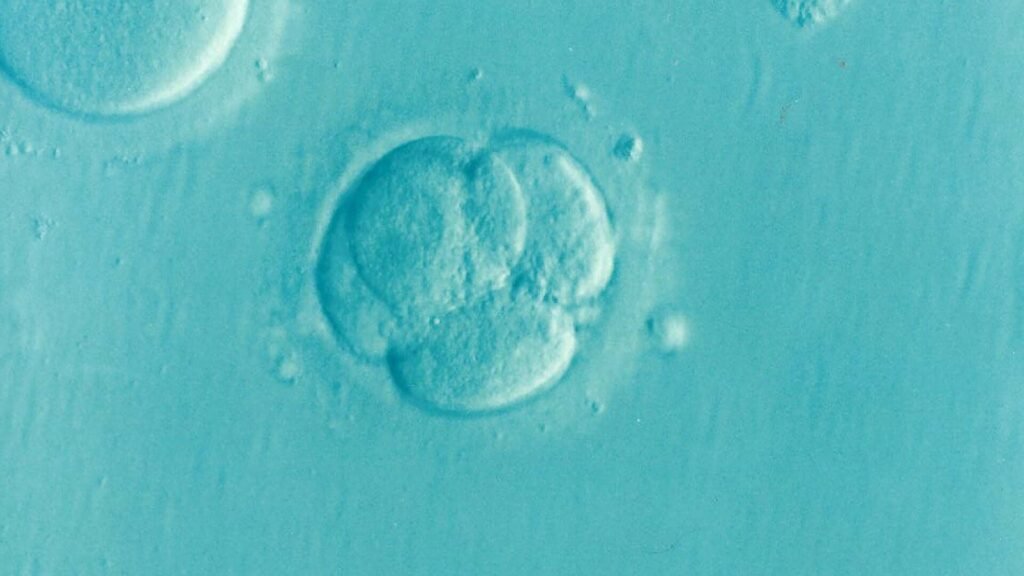New findings presented at the 41st Annual Meeting of the European Society of Human Reproduction and Embryology (ESHRE) have shed light on the presence of microplastics in human reproductive fluids, sparking concerns about their potential impact on fertility and reproductive health.
The study, led by Dr. Emilio Gomez-Sanchez, involved analyzing follicular fluid from 29 women and seminal fluid from 22 men. These fluids are crucial for natural conception and assisted reproduction. The researchers identified a variety of commonly used microplastic polymers, including polytetrafluoroethylene (PTFE), polystyrene (PS), polyethylene terephthalate (PET), polyamide (PA), polypropylene (PP), and polyurethane (PU) in both groups.
Microplastics were detected in 69% of the follicular fluid samples and 55% of the seminal fluid samples. PTFE was the most prevalent polymer in both groups, followed by other polymers like PP, PET, and PA. The samples were collected and stored in glass containers to prevent contamination, and chemical treatment was applied before analysis using laser direct infrared microscopy.
Dr. Gomez-Sanchez expressed surprise at the high prevalence of microplastics in the reproductive fluids, noting that previous research had already shown their presence in various human organs. While the study did not directly assess the impact of microplastics on fertility, animal studies suggest that these particles can induce inflammation, DNA damage, and endocrine disruptions in tissues where they accumulate.
Future phases of the research will involve a larger cohort and detailed lifestyle and environmental exposure questionnaires. The team aims to explore the potential link between microplastics and egg or sperm quality. Dr. Gomez-Sanchez emphasized that fertility is influenced by multiple factors, and while microplastics are a concern, there is no need for alarm. Simple steps like using glass containers for food storage and reducing plastic bottle use can help minimize exposure.
Professor Dr. Carlos Calhaz-Jorge, Immediate Past Chair of ESHRE, highlighted the significance of the findings and called for decreased plastic use in daily life. The study abstract will be published in Human Reproduction.
The research underscores the importance of understanding the potential risks posed by microplastics to human reproductive health and fertility. Further investigations are needed to elucidate the full extent of their impact and to develop strategies for minimizing exposure in order to safeguard reproductive well-being.


